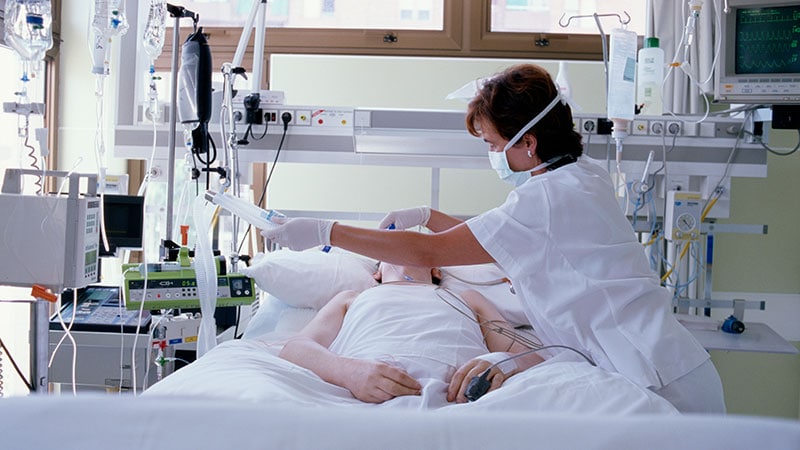No Benefit of Routine Stress Test After Complex PCI
TOPLINE:
There is no incremental clinical benefit from routine surveillance stress testing (vs standard care alone) in high-risk patients with previous percutaneous coronary intervention (PCI), a subgroup analysis of the POST-PCI trial suggested.
METHODOLOGY:
- The optimal surveillance strategy after PCI for high-risk patients with multivessel or left main coronary artery disease (CAD) remains uncertain, so this subanalysis of the previously reported POST-PCI trial compared routine functional testing at 1 year to standard care in 1192 patients with multivessel (n = 833) or left main (n = 359) CAD after PCI.
- The primary outcome was a composite of death, myocardial infarction, or hospitalization for unstable angina at 2 years.
TAKEAWAY:
- At 2 years, there was no difference in a composite outcome between the functional testing and the standard care group (6.2% vs 5.7%; HR [hazard ratio], 1.09; 95% CI, 0.68-1.74; P = .73).
- The findings were consistent in both the multivessel (6.2% vs 5.7%; HR, 1.09; 95% CI, 0.62-1.89; P = .78) and left main (6.2% vs 5.7%; HR, 1.09; 95% CI, 0.46-2.56; P = .85) disease groups.
- At 1 year, coronary angiography and repeat revascularization were > 2 times higher in the functional testing than in the standard care group, but this did not translate into a reduction in primary outcome events or death.
IN PRACTICE:
"Without any clinical signs or symptoms suggestive of stent failure or disease progression, routine surveillance stress testing should be avoided in patients who underwent multivessel or left main PCI," the study authors concluded. "Based on these and other data, the totality of evidence at this time underscores the lack of benefit of routine stress testing in asymptomatic patients," the commentary author added.
SOURCE:
The study, with first author Joong Min Lee, MD, University of Ulsan College of Medicine, Seoul, Korea, and commentary by Debabrata Mukherjee, MD, MS, with Texas Tech University, El Paso, Texas, was published online on February 26, 2024, in the Journal of the American College of Cardiology.
LIMITATIONS:
Because the POST-PCI trial had lower-than-expected primary endpoint events, this prespecified subgroup analysis might have been underpowered to detect small differences in outcomes between groups. The findings may not apply to women who were underrepresented. The trial only evaluated the prognostic impact of routine stress testing at 1 year after PCI; therefore, whether annual cardiac stress testing could improve patient outcomes remains undetermined.
DISCLOSURES:
The study was funded by grants from the CardioVascular Research Foundation and Daewoong Pharmaceutical. The authors and editorial writer had no relevant disclosures.


 Admin_Adham
Admin_Adham


